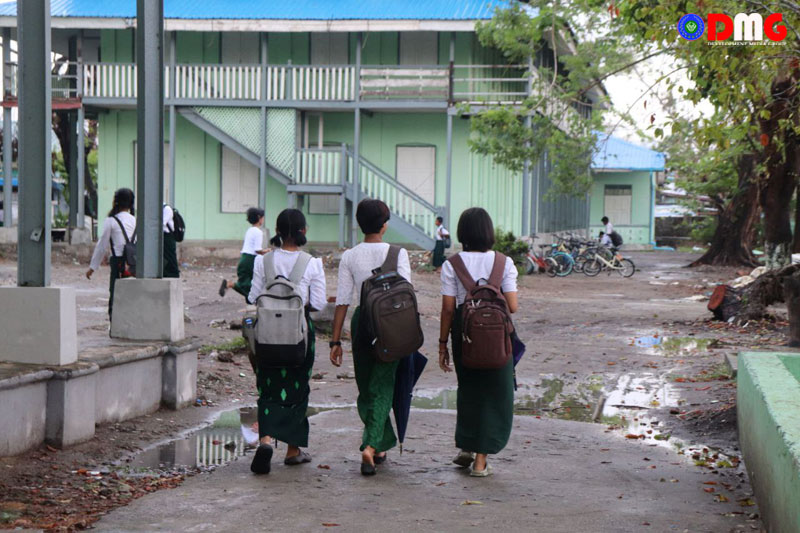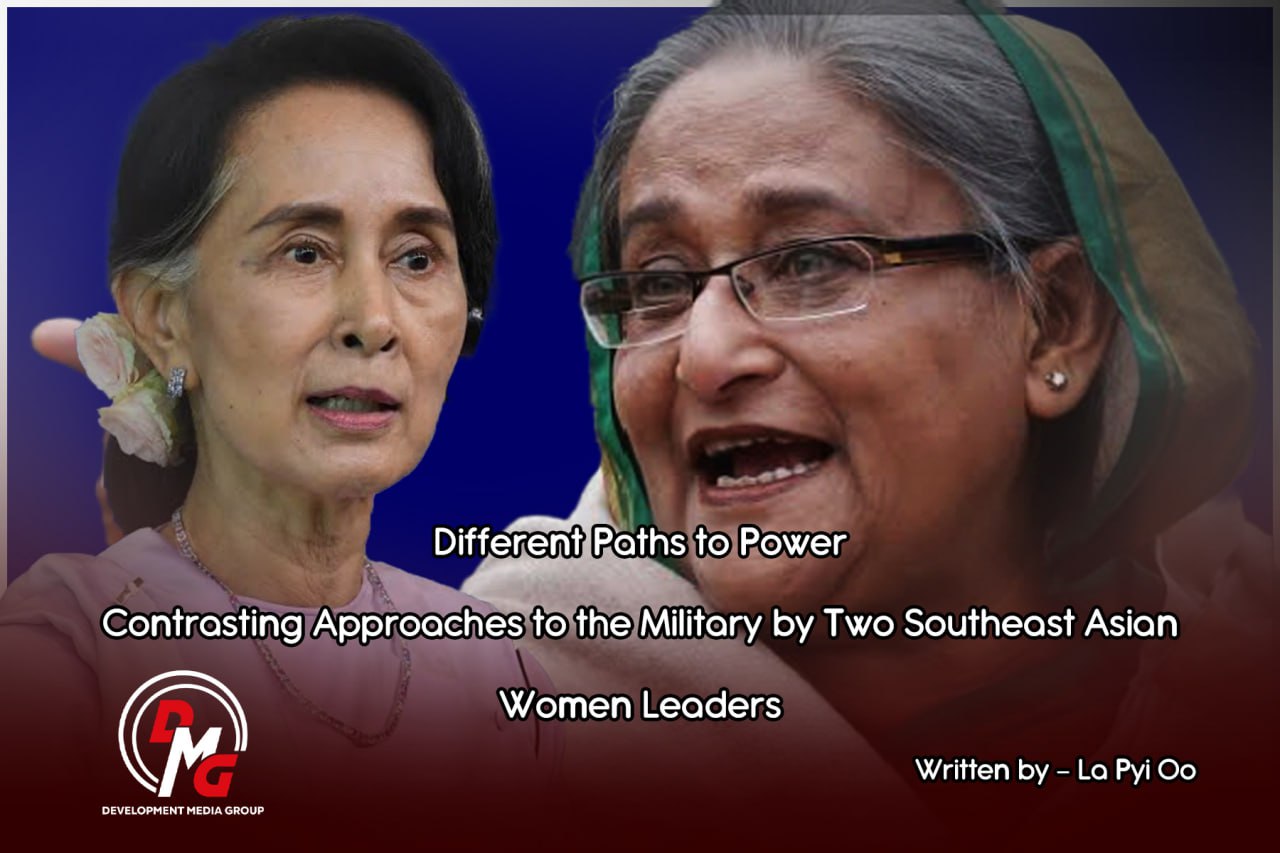- Weekly Highlights from Arakan State (Jan 26 to Feb 1, 2026)
- Arakanese youth stabbed in Mae Sot urgently needs financial aid for medical treatment
- Five years on Myanmar faces uncertain military and political outlook after coup
- Myanmar Navy detains Pauktaw fishermen and demands ransom
- Junta Airstrikes on Arakan and the Consequences for Independent Media
Editorial: Myanmar Students Musn’t Be Lab Rats in Curriculum Shakeup
Myanmar’s education system was well-admired in Southeast Asia from the colonial period to more than a decade after independence. But it has been deteriorating since General Ne Win seized power in 1962.
21 Jul 2023

Myanmar’s education system was well-admired in Southeast Asia from the colonial period to more than a decade after independence. But it has been deteriorating since General Ne Win seized power in 1962.
A new school curriculum was introduced this year in Myanmar. The curriculum is reportedly based on the education system in Japan, with a total of 12 grades.
Optimistically, the new curriculum is on a par with international curricula, but as usual, the country’s education system continues to suffer from mismanagement.
Teachers struggle even to receive guidelines for the new curriculum. Handbooks issued by the Education Ministry on the new curriculum did not get into the hands of education staff, but rather ended up in book shops.
It is fair to say it is a new type of smuggling in Myanmar. Those handbooks issued by the Education Ministry for teachers are available at book shops for 35,000 to 40,000 kyats per book.
Before the textbooks of the new curriculum hit bookshelves, businessmen with the help of some corrupt staff of the Education Ministry had already published learning guides on each subject for the new curriculum. Authorities should probe into this.
The responsible officials only provided training on the new curriculum for a week for teachers, who find it difficult to grasp the new curriculum. And they have had to spend from their own pockets to buy handbooks issued by the Education Ministry.
The new curriculum is much more complex than its predecessor, and it will be difficult for students with weak foundations to catch up. And teachers in Sittwe District could not attend the relevant training due to Cyclone Mocha.
Students who failed the matriculation exam under the old curriculum should be given a second chance.
No matter how perfect a law or a system is, if those who are responsible to enforce it are not qualified enough, it will cause negative impacts down to younger generations. Authorities must be aware of this.
While teachers and students in towns have better access to learning materials, their peers in rural areas have little or no access to them, and there is a need to provide them with learning aid.
Private schools will have little challenges as they have their own curriculums, but if teachers at public schools do not have textbooks and handbooks, it is no doubt imperiling the academic prospects of their students. Learning aid still can’t be sufficiently provided to schools more than one month after the academic year started in June. This is a testament to the poor management of the Education Ministry.
Myanmar’s education system will get nowhere with a trial-and-error approach. The capacity of newly recruited teachers is also dubious.
As rural people make up 70 percent of the country’s population, there is a need to improve the schooling there. Much remains to be done in that regard.
The matriculation exam pass rate in Arakan State has been low for decades. Education staff serving in Arakan State should remember (or learn) how high the educational standards of Arakanese people were during British rule in Myanmar.
The current education system in Myanmar is chaotic, and DMG would suggest that there is a need for the Education Ministry to review its new system before the children — our future — become collateral damage.





.jpg)














